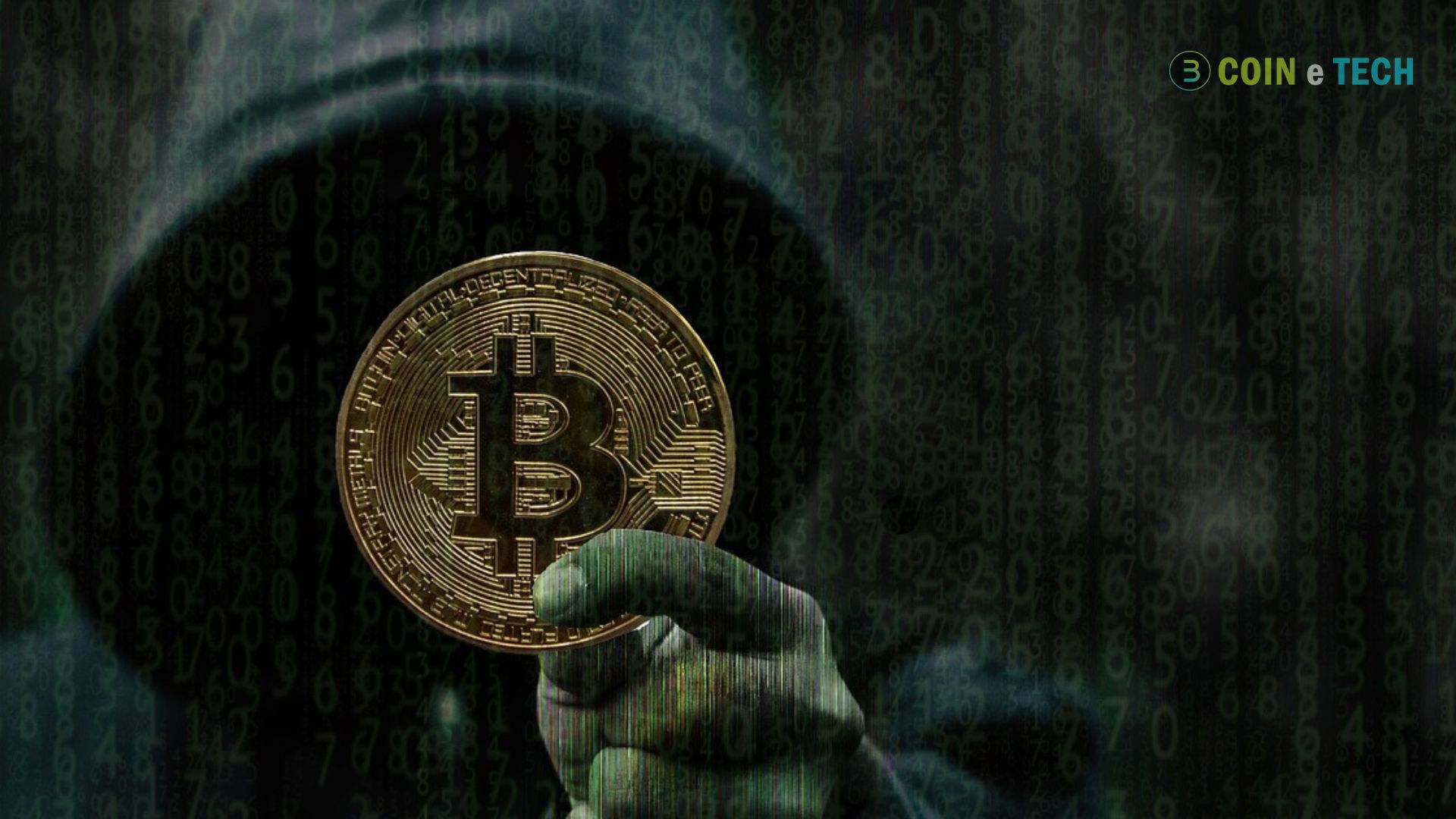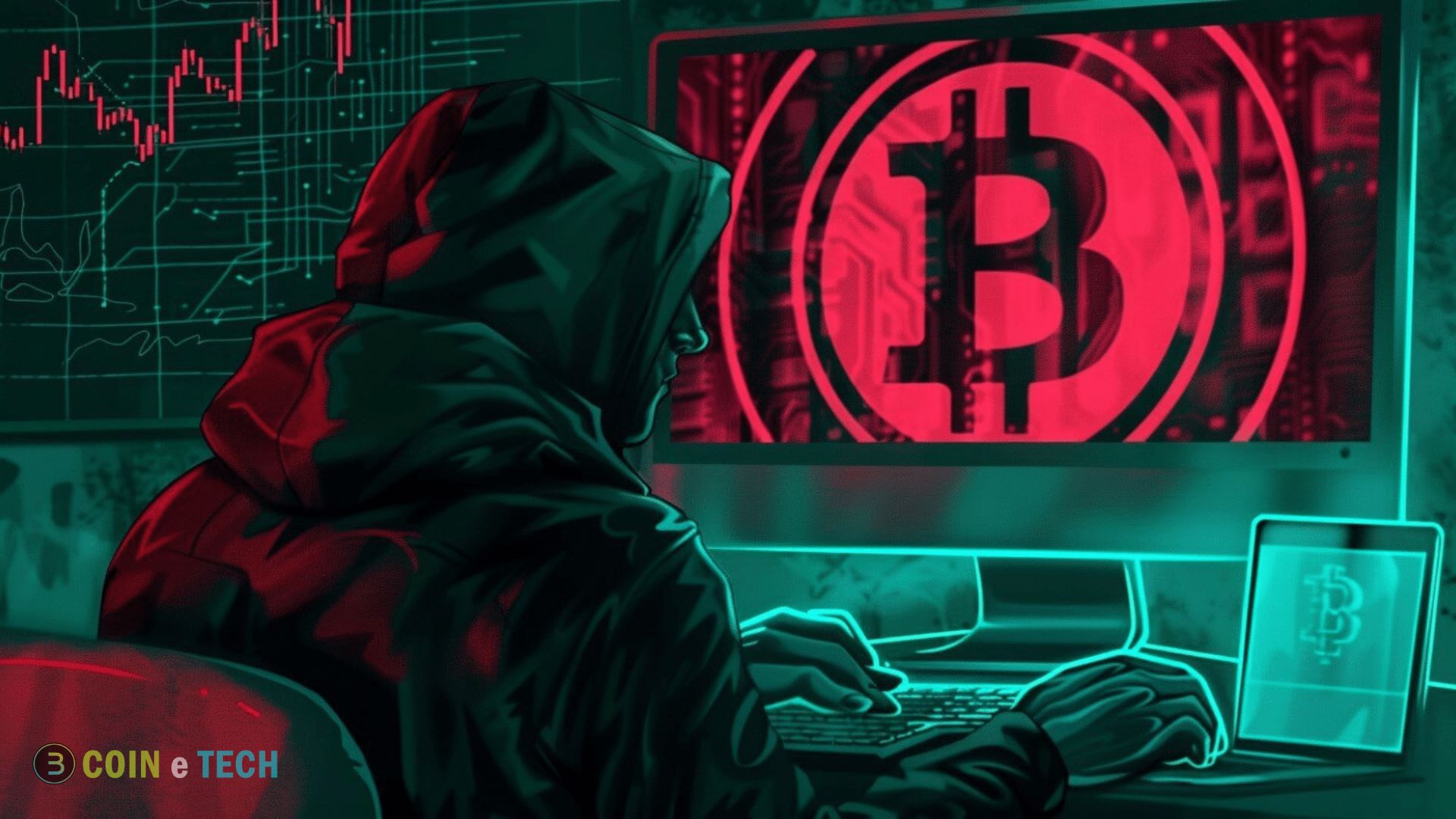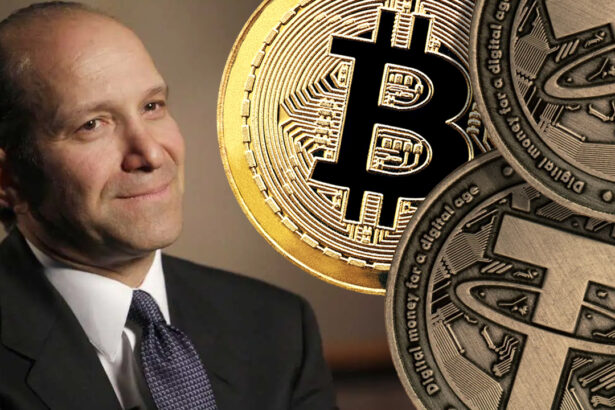Big Crypto Scams: Cryptocurrency has revolutionized finance, offering an innovative, decentralized method of transferring wealth. However, the rise of crypto has been accompanied by numerous scams, some of which have defrauded millions of people worldwide. As the crypto market expanded, so too did the creativity of scammers, preying on people’s lack of understanding of the technology and the allure of quick profits. In this article, we’ll dive into some of the most infamous crypto scams, how they happened, and the lessons they provide.
BitConnect: The Ponzi Scheme Disguised as a Lending Platform
One of the most infamous scams in cryptocurrency history is BitConnect, which became the epitome of a Ponzi scheme. Launched in 2016, BitConnect promised users astronomical returns on their investments, claiming that by lending Bitcoin to the platform, they would receive returns as high as 1% per day. The platform’s “lending program” was supposedly powered by a “trading bot” that exploited market volatility for gains. The profits were simply paid out from new investors’ deposits, a textbook Ponzi scheme.
At its height, BitConnect’s market cap soared to over $2 billion, with its native token, BCC, reaching a peak price of around $450 in late 2017. However, by early 2018, regulators from several countries began issuing cease-and-desist orders, triggering a mass sell-off. BitConnect abruptly shut down its lending and exchange services, leading to the collapse of the token’s value and billions in losses. Several class-action lawsuits followed, with high-profile arrests of BitConnect’s top promoters.
Lessons Learned
- If something promises returns that are “too good to be true,” it probably is.
- Decentralized assets like cryptocurrencies require understanding the project, not just blind trust in promoters.
OneCoin: The Fake Cryptocurrency
Another notorious scam was OneCoin, a multi-billion-dollar Ponzi scheme that duped investors into thinking they were buying into a legitimate cryptocurrency. Launched in 2014 by Ruja Ignatova, who dubbed herself the “Cryptoqueen,” OneCoin promised to revolutionize the financial system with a new, innovative cryptocurrency. However, the project had no blockchain or real technology behind it—OneCoin was never even traded on public exchanges.
OneCoin sold packages of educational materials on crypto, which were paired with tokens that supposedly could be mined into OneCoin. These tokens were worthless, and the entire operation functioned by paying old investors with money from new ones. Despite this, the scheme attracted over $4 billion from investors in 175 countries.
The scam unravelled when Ruja Ignatova disappeared in 2017, shocking investors. She remains at large, while several of her associates have been arrested. Ruja’s brother Konstantin Ignatov, who took over after her disappearance, was arrested in 2019 and later pled guilty to money laundering and fraud.
Lessons Learned
- Just because a project claims to be revolutionary doesn’t mean it’s real. Proper research and due diligence are critical.
- Avoid projects that do not have transparency about how their technology works or are reluctant to share verifiable information.
PlusToken: The $2 Billion Exit Scam
One of the largest scams in the crypto space, PlusToken, was a Chinese-based Ponzi scheme that promised high returns to investors through a fraudulent wallet app. Launched in 2018, PlusToken presented itself as a cryptocurrency wallet that provided dividends to users, luring investors with the promise of up to 30% returns on their holdings. The platform claimed it earned these returns through cryptocurrency arbitrage, a strategy where it profited by buying low and selling high across different exchanges.
By mid-2019, PlusToken had attracted billions of dollars worth of Bitcoin, Ethereum, and other cryptocurrencies. The scam collapsed when its operators started making off with users’ funds. In the months after its shutdown, several of the scam’s leaders were arrested in China, though billions were still lost.
One of the major impacts of the PlusToken scam was its influence on the broader crypto market. At one point, it was speculated that the liquidation of PlusToken’s Bitcoin holdings caused significant price drops in the market, highlighting how such massive scams can have a ripple effect on the industry.
Lessons Learned
- Be wary of platforms that promise high, fixed returns, especially in a volatile market like crypto.
- Even if a platform seems popular and well-used, it can still be a scam.
MT. Gox: The Largest Bitcoin Exchange Hack
While not technically a scam, the MT. Gox incident remains one of the most significant breaches in crypto history. Founded in 2010, Mt. Gox quickly became the largest Bitcoin exchange globally, handling around 70% of all Bitcoin transactions by 2013. However, in February 2014, the exchange abruptly shut down after revealing that around 850,000 Bitcoin (worth approximately $450 million) had been stolen due to a security breach over several years.
The scale of the hack devastated the crypto market, and it took years for the exchange to resolve its bankruptcy issues. Many investors lost their Bitcoin and have yet to be fully compensated. The founder of Mt. Gox, Mark Karpeles, was arrested in Japan and charged with embezzlement and fraud, though he was later acquitted of most charges.
Lessons Learned
- Security breaches are a real risk in cryptocurrency, highlighting the need for robust security measures.
- Investors should be cautious about leaving large sums on exchanges, as they are often prime targets for hackers.
Africrypt: The Vanishing Act
In 2021, South African-based cryptocurrency investment platform Africrypt pulled off one of the biggest crypto scams in history. Founded by two brothers, Ameer and Raees Cajee, Africrypt promised investors lucrative returns by investing in cryptocurrencies. However, in April 2021, the company claimed it had been hacked and could no longer access client funds.
Shortly after the announcement, the two brothers vanished with over $3.6 billion worth of Bitcoin. This led to widespread speculation that the “hack” was a cover-up for an exit scam. Authorities launched investigations, but the whereabouts of the Cajee brothers and the missing funds remain unknown.
Lessons Learned
- Be cautious of platforms that centralize control over user funds.
- Always verify the credibility of investment firms, especially in the volatile crypto world.
Thodex: The Turkish Exchange Scam
In 2021, Thodex, a Turkish cryptocurrency exchange, abruptly halted trading, locking users out of their accounts. The company’s CEO, Faruk Fatih Ozer, vanished, taking an estimated $2 billion in user funds. Ozer later fled the country, and Turkish authorities launched an investigation into what was described as one of the largest crypto frauds in the country’s history.
Before disappearing, Ozer had reassured investors that Thodex was going through maintenance and would return online soon. However, this was a lie, and users never regained access to their funds. The incident prompted discussions around the need for better regulations and protections in the crypto industry, especially for exchanges.
Lessons Learned
- Beware of exchanges that lack transparency or have little regulatory oversight.
- Regulatory frameworks are crucial to protecting investors from fraudulent exchanges.
Conclusion
The rise of cryptocurrencies has opened up new opportunities for wealth creation, but it has also attracted bad actors looking to exploit the lack of regulation and technical knowledge. To protect yourself, it’s essential to research the legitimacy of any platform, project, or token you invest in. Always be skeptical of “guaranteed” returns, and remember the core principles of decentralization—no individual or institution should have complete control over your funds.






